
The Sentiero dei Parchi: A new hiking trail uniting Italy
On a recent evening, Elia Origoni stood at Sardinia’s south-eastern tip, watching the azure sky darken until it merged with the sea, and contemplating the most daunting leg of his ambitious trip. In two days, he would set off on a 405km paddle across the Tyrrhenian Sea in hopes of becoming the first person to traverse Sardinia, Sicily and the entire length of Italy using only his feet, a rowboat and his prodigious stamina.
"It's a combination of fantasy and really hard work," said Origoni, a mountain guide from northern Italy. He expects to cover 30km to 40km each day, walking and camping in Sardinia, rowing to and hiking through Sicily, and then rowing again to mainland Italy, where he will walk all the way to Muggia, a small town in the far north-eastern region of Friuli Venezia Giulia. Origoni's remarkable 7,000-plus km self-propelled journey is helping to highlight a newly announced trail that will span the entire Italian peninsula and will connect all of Italy's 25 national parks.
"I'm doing this without using Google Maps or a GPS because we're losing the value of being able to move without a phone in our hands. With a physical map, you have a much wider view of where you are; you discover your surroundings and how they connect," Origoni told me, confessing that the Sardinia-to-Sicily paddle gave him pause. "The next four days will be the longest of my life, because I've never done this before. In the mountains, I move confidently; in the boat, it's a new challenge."
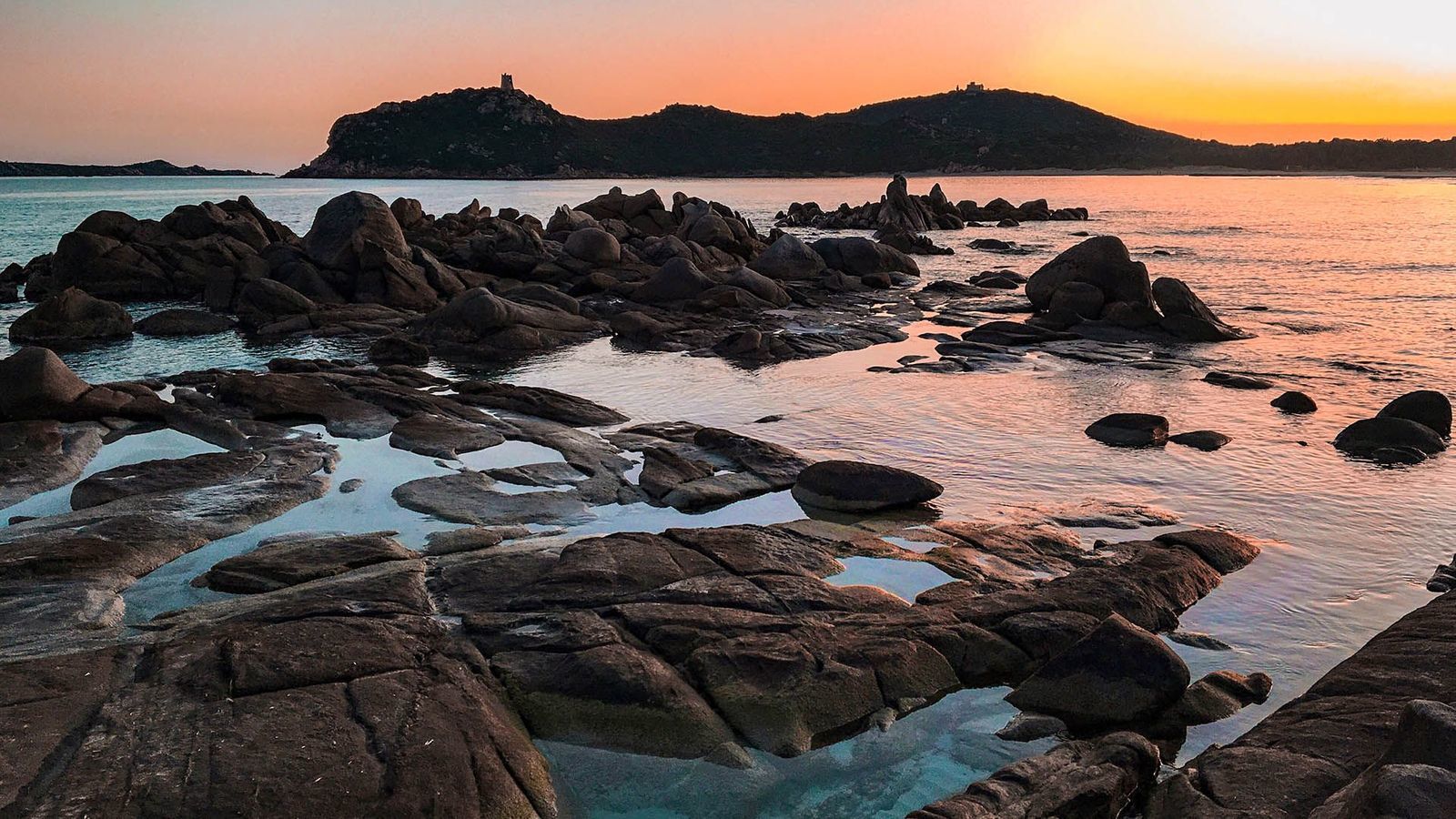 Origoni recently paddled 405km across the Tyrrhenian Sea from south-east Sardinia to Sicily
Origoni recently paddled 405km across the Tyrrhenian Sea from south-east Sardinia to Sicily
Origoni, who is making the arduous trip carrying just a 7kg backpack, is at the extreme end of a growing movement among young Italians. By embracing an ecologically friendly approach to tourism that emphasises connections with local cultures, the nation that birthed the world's Slow Food movement is increasingly championing slow, sustainable travel – and celebrating the beauty of its vast and largely unexplored wilderness in the process.
After Italy became the global epicentre for the coronavirus pandemic and imposed some of Europe's strictest lockdown measures last spring, the Italian National Tourism Research Institute reported that more than 27 million Italians chose hiking trips for their summer holiday last year, with nearly half of Italians wanting an immersive nature holiday. The study, titled Covid Changes the Holidays of Italians, concluded, "The fear of the virus… allowed Italians to discover and try a new way of going on vacation." The Italian financial newspaper Il Sole 24 Ore termed this trend "a paradigm shift caused by the need for social distance, the desire to visit small, uncrowded places and the need for air and movement".
In response, last May as restless Italians emerged from one of the world's longest nationwide lockdowns, Italy's Ministry of the Environment and the storied 158-year-old Italian Alpine Club announced an ambitious €35m, 13-year plan to extend Italy's existing Sentiero Italia (the Grand Italian Route) by roughly 1,000km to form a new path connecting each of Italy's 25 national parks, including those on the islands of Sardinia and Sicily. When it's completed in 2033, the new route, known as the Sentiero dei Parchi (Path of the Parks) will cross each of the country’s 20 regions, pass through six Unesco World Heritage sites and stretch nearly 8,000km – twice the length of the US' Appalachian Trail and roughly 10 times the distance of the Camino de Santiago's complete St Jean Pied de Port to Galicia route.
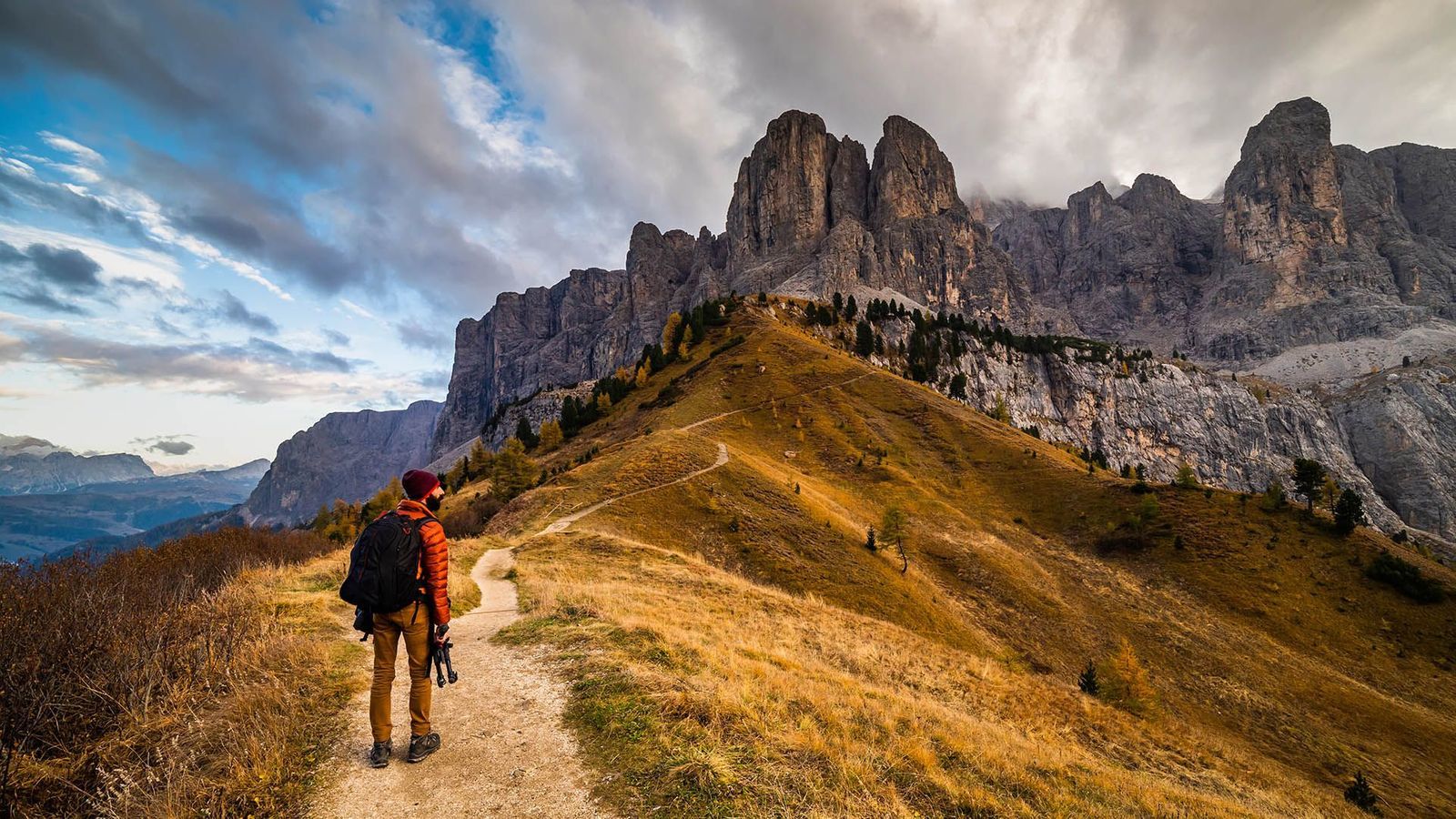 When completed, Italy's Path of the Parks will be twice the length of the US' Appalachian Trail
When completed, Italy's Path of the Parks will be twice the length of the US' Appalachian Trail
The investment shows "how much we care about our priceless heritage of biodiversity and its enhancement in terms of sustainable tourism, especially in this post-Covid recovery period when we all feel the need to be more outdoors," said Italy's Minister of the Environment, Sergio Costa, when he announced the initiative.
Conceived by a group of environmental journalists, the Grand Italian Route was completed in the 1990s but has been neglected in recent decades. Now, hikers, environmentalists and tourism officials are championing its new offshoot as a way to celebrate Italy's rural soul and expand many travellers' notions that the Italian landscape is limited to the rolling Tuscan countryside they see on postcards or screensavers.
In fact, the Path of the Parks encompasses a veritable highlight reel of dramatic – if lesser-known – Italian vistas. Hikers can explore Sardinia's ancient cork forests; travel into the Apennine Mountains, Italy's mountainous backbone, and look for bear and fox in the Abruzzo, Lazio e Molise National Park; search for hidden hermitages surrounded by beech forests in Tuscany and Emilia-Romagna; and come face to face with ibex in the snow-capped peaks that tower over Evian-clear lakes in the Alpine Gran Paradiso National Park.
"Until now there has never been a national authority or study on the care and planning of the Italian hiking trail network," said Alpine Club vice president Antonio Montani. "The work has always been carried out by volunteers who look after their own land free of charge or with occasional funds without a general vision. With this change, we hope that mountains, hiking trails and slow tourism can gain sufficient importance and dignity to be relevant at government level."
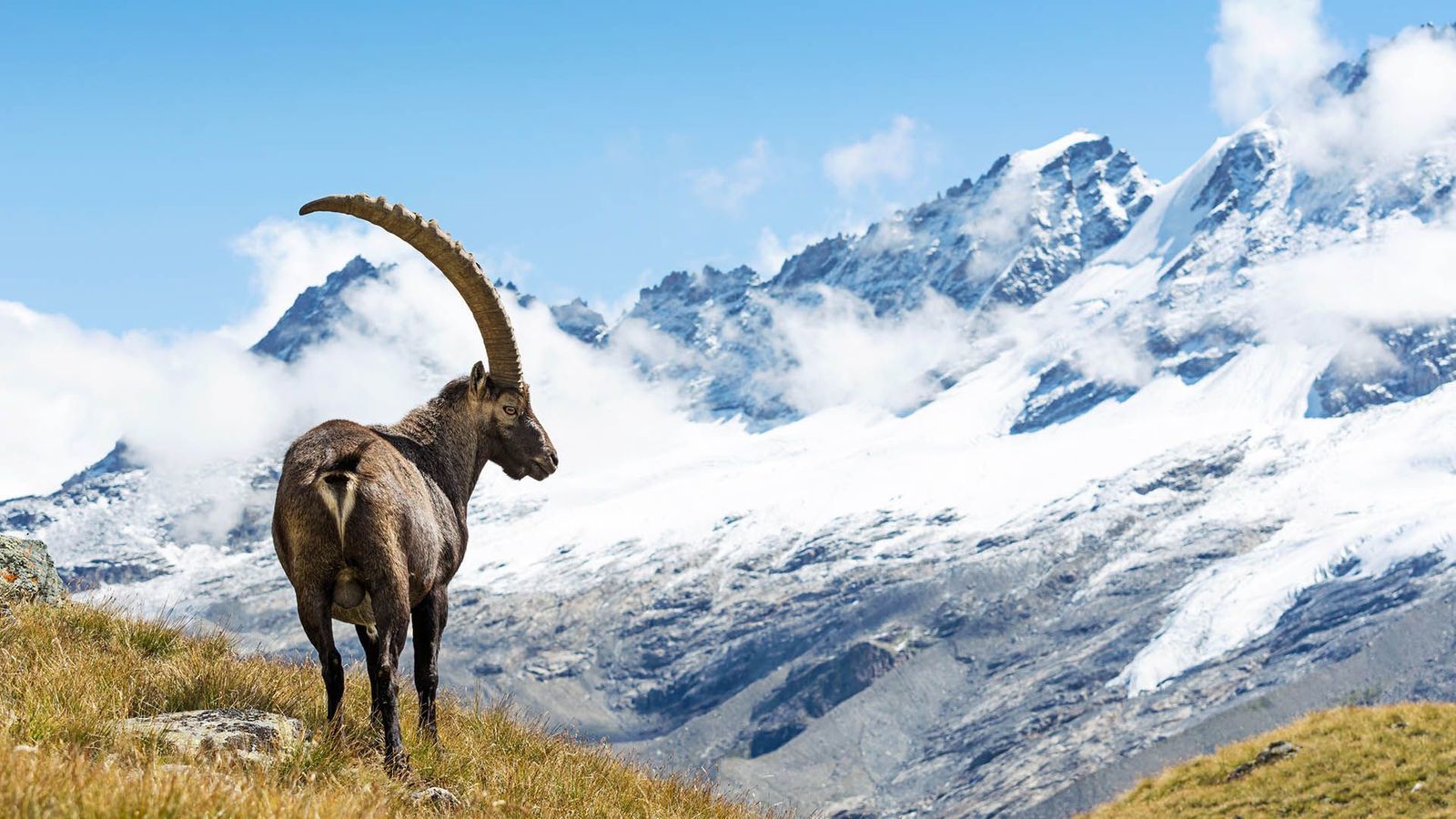 The Path of the Parks crosses Italy's Gran Paradiso National Park in the Alps
The Path of the Parks crosses Italy's Gran Paradiso National Park in the Alps
With Italy expected to lose a devastating €36.7m from coronavirus-related tourism restrictions in 2020 and travellers potentially hesitant to cram back into Italy's many cities, museums and trattorias once international travel resumes, officials hope the new Path of the Parks will offer visitors a new, more Covid-friendly way to experience the bel paese.
"The impact of Covid on the tourism industry … has been significant," said Maria Elena Rossi, marketing and promotion director of the Italian National Tourist Board. "[Italy] can benefit in the future from more diversified and innovative itineraries connected to outdoor activities, both slow and adventurous. The Path of Italian Parks connects communities, biodiversity and natural environment."
Sara Furlanetto, a photojournalist, echoes this point. "Italy can’t just be known for cultural cities or the beautiful sea. It's much, much more. Most Italians are not aware that Italy is 70% mountains and hills. We wanted to shift the narrative and put the face of the mountains out front," she said of the hiking organisation she founded, Va' Sentiero.
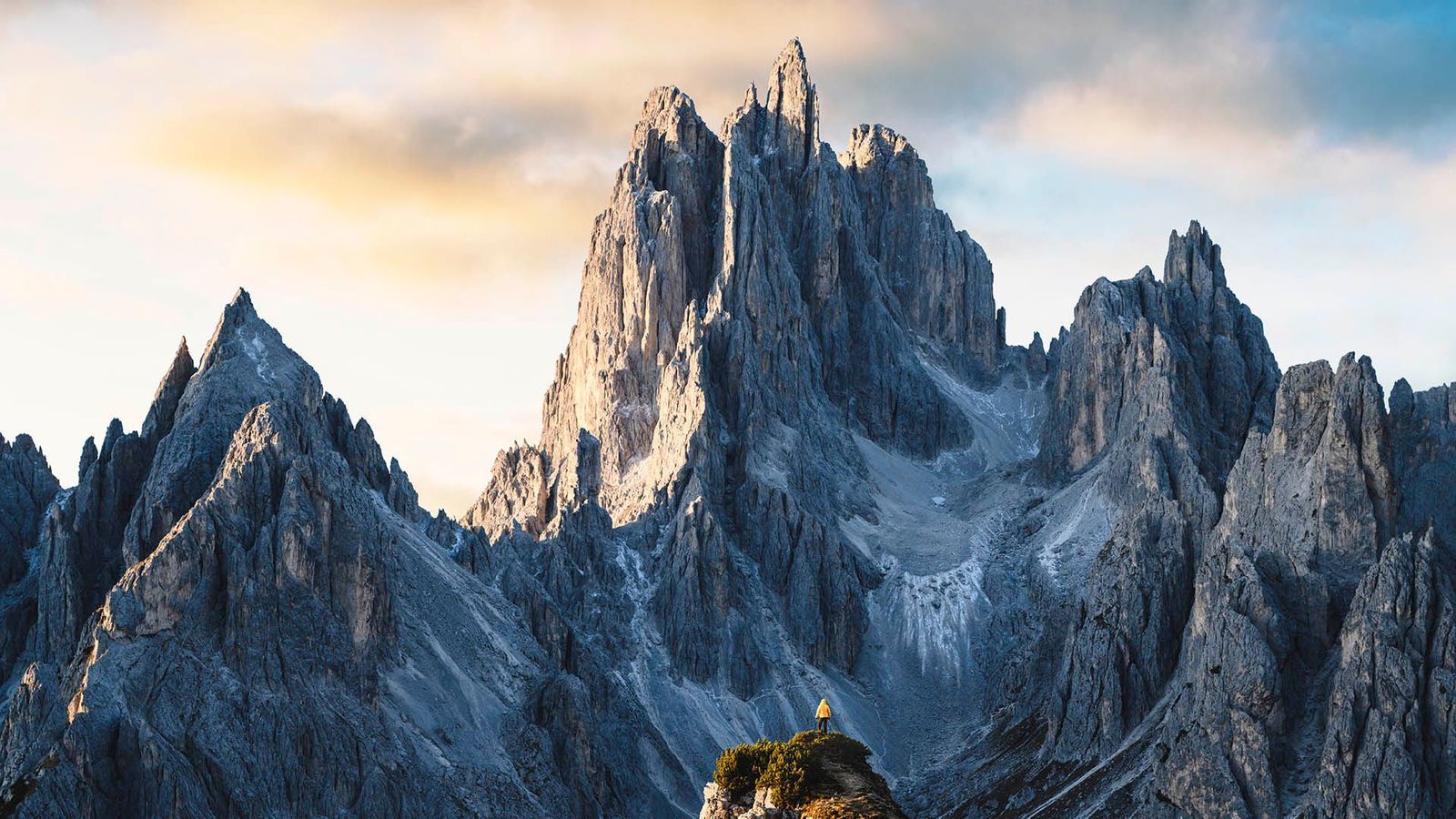 "Most Italians are not aware that Italy is 70% mountains and hills"
"Most Italians are not aware that Italy is 70% mountains and hills"
Before Covid, Furlanetto and her friends would post their Grand Italian Route hiking trips on their website and invite other outdoor enthusiasts to join them for all or part of the itinerary. Since 2016, Va' Sentiero has grown from a group of three intrepid friends to a forum for more than 2,000 fellow hikers.
"Now more than ever, thinking about the post-pandemic scenario, people want to reconnect with [nature]," Furlanetto said. "The Grand Italian Route is also a symbol for environmental protection, so it must be promoted with a slow approach. Right now, the trail crosses 16 out of the 25 national parks of Italy. I believe the idea of expanding the trail in order to reach the totality of the parks is of great value, and… can represent an important boost for the promotion of Italian natural areas.”
Supporting local communities and encouraging multi-day hiking trips is critical to the path’s success said Montani. For now, much of the existing Grand Italian Route requires hikers to camp. But as part of the new €35m investment, Montani is working to develop a network of small hostels and bed and breakfast options at some of the stops within the national parks, as well as trails to accommodate wheelchair-bound travellers.
"We have a wealth of small artistic sites, like the Oropa Sanctuary in the Alps, with frescoes from the 1500s," Montani said. "Normally you'd think you have to go to Florence or Rome to see them, but if you love nature and you love art, these trails give you the possibility for both. Every 20km you get a different view, different kinds of cuisine, different cultural traditions."
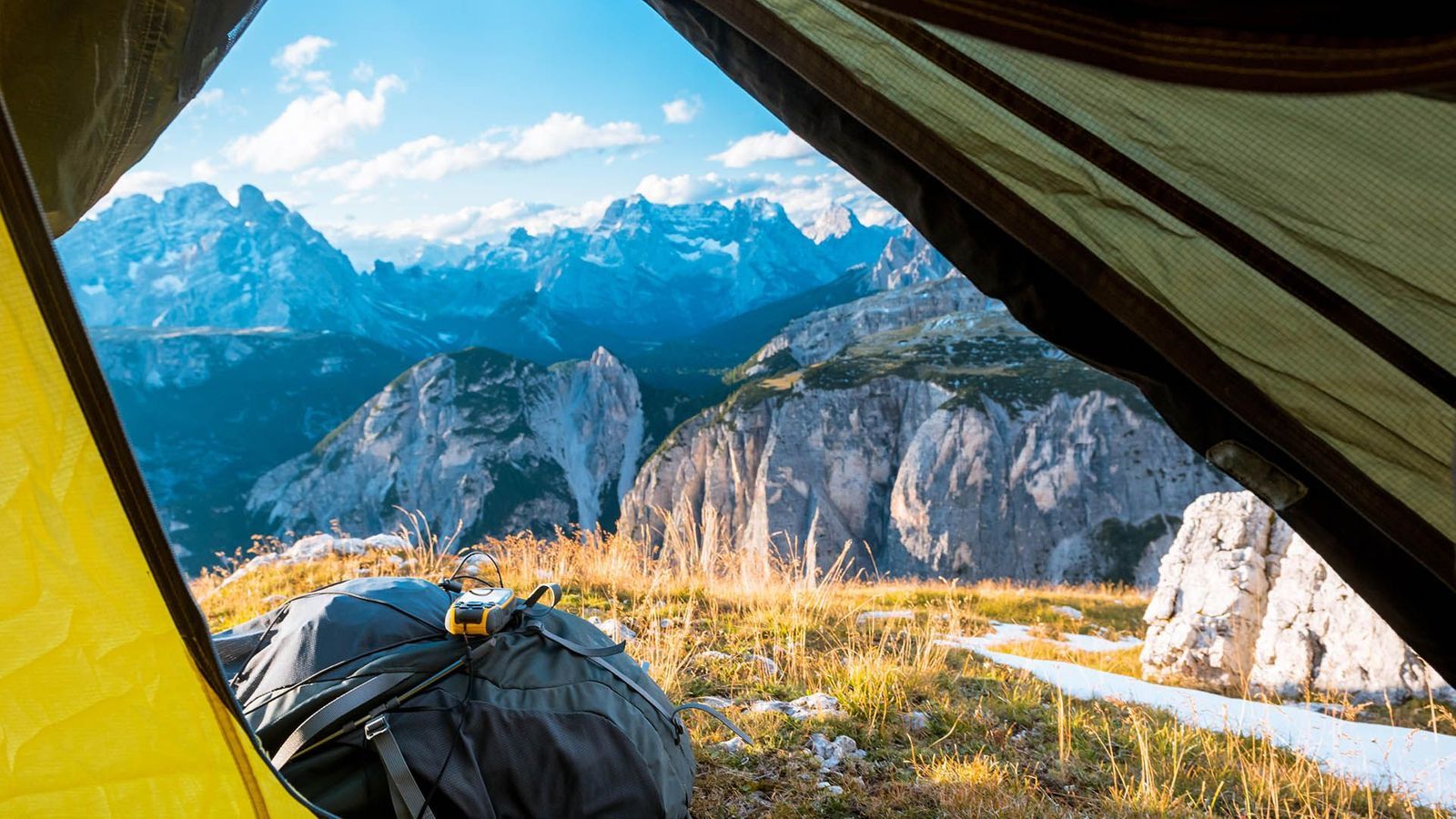 Much of the Grand Italian Route requires hikers to camp, but a network of small hostels and inns are being developed
Much of the Grand Italian Route requires hikers to camp, but a network of small hostels and inns are being developed
That sense of discovery and wonder also inspires Francesco Paolo Lanzino, the mastermind behind Woodvivors, a seven-person group that recently started a six-month trip riding mules from the far southern Sicilian island of Pantelleria all the way to Turin.
"We're choosing to follow the Sentiero Italia because it really is a path linking every part of Italy, passing from some of the ancient and storied paths used since the time of Romans, Greeks and even before," he said. "The Sentiero dei Parchi will open up new opportunities not only to explore these ancient routes, but to connect small villages along the way. The new paths show that we are not alone, but united through the rural roots of our historical connections."
Along the way, Lanzino and his team are going to shoot a documentary and television episodes about local culture, highlighting the often-overlooked regional farmers and artisanal wine and cheese producers so central to Italian culture.
"We are looking to capture the traditions that were always passed orally from parents to children, and looking at what remains," Lanzino said. "I'm convinced that from this past, which seems so far away but is still alive in rural parts of Italy, people can learn to build a more sustainable future."
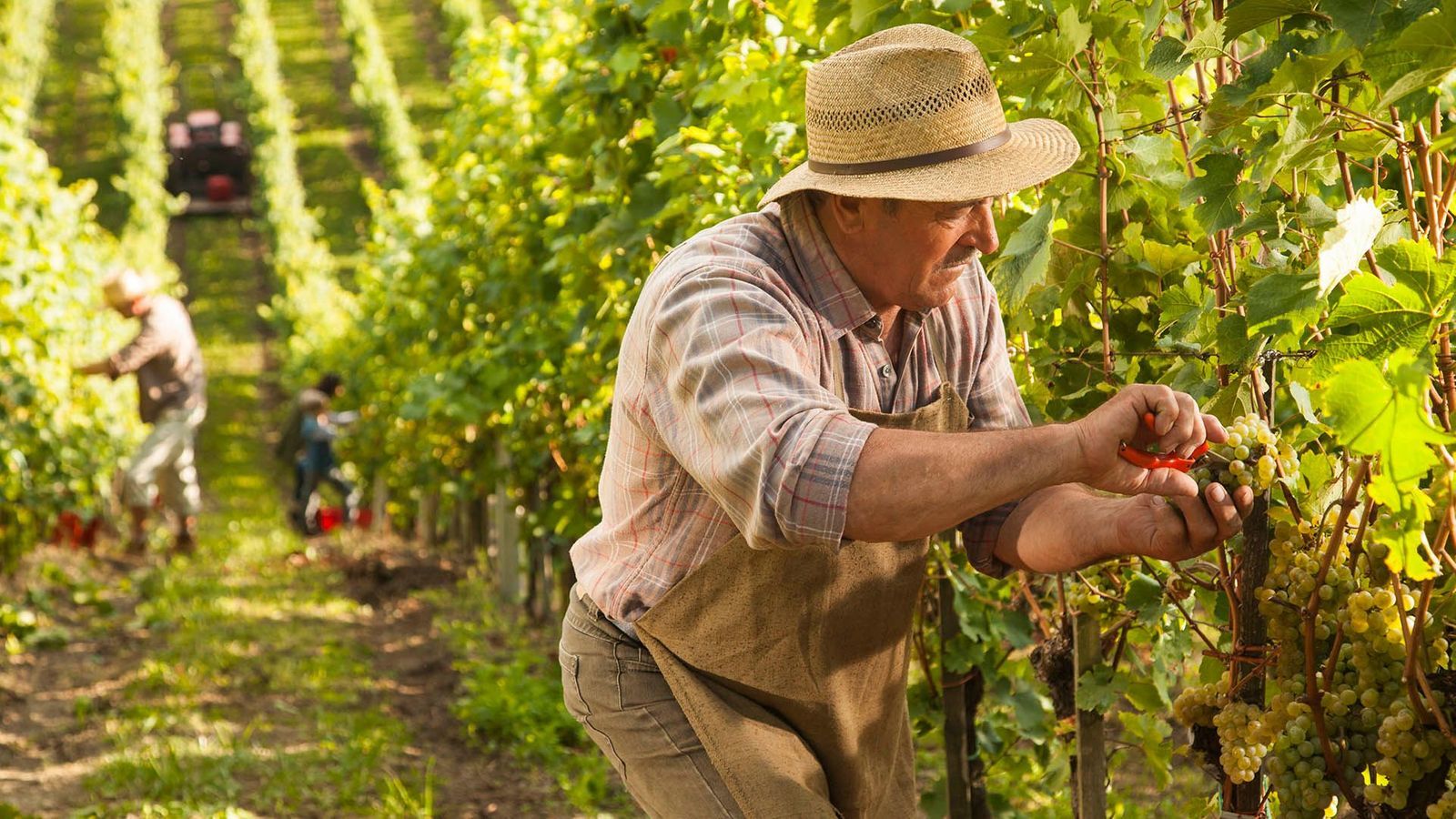 Lanzino is currently traversing Italy by mule to highlight regional farmers and wine and cheese producers
Lanzino is currently traversing Italy by mule to highlight regional farmers and wine and cheese producers
One timeless tradition, so long a lure for tourists in Italy, is the country's warm hospitality. Though this has cooled by necessity in Covid-plagued cities, Origoni says the pre-pandemic social spontaneity is part of what is making his self-propelled trip so appealing. As he concluded a day of hiking and was looking for a spot to pitch his tent in rural Sardinia last month, a man saw him and invited him over for dinner.
"I went to his small country home and had dinner with him and his family. We had pasta, two glasses of wine and became friends. It was lovely," Origoni said. "In Milan, we're under an orange alert, but in certain small rural areas, you can go back to socialising in a way that feels normal. To be welcomed by people feels great."










